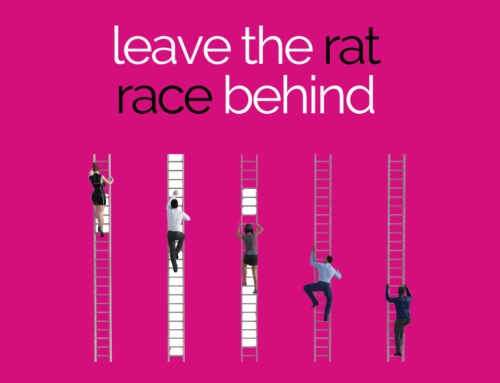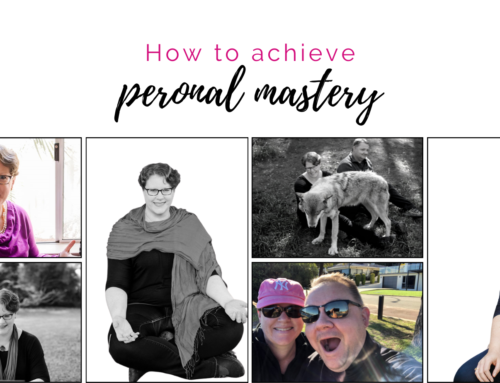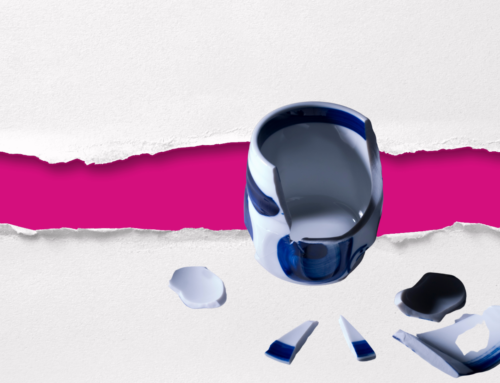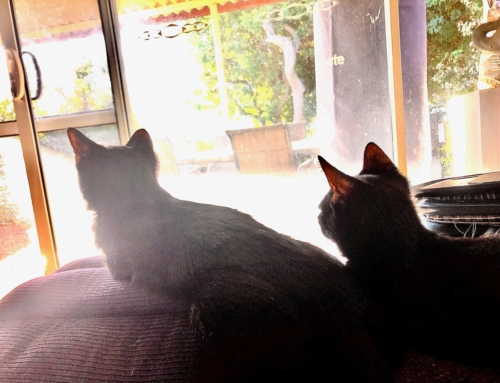How Do You Know If You’re Resilient Enough?
We live in a time of connection, yet we are more disconnected from ourselves and others than ever before. We spend our days in a state of constant stress, rushing from thing to thing. We surround ourselves with ‘stuff’ that is insignificant and that matters little in the big picture of our lives.
Somewhere, somehow, we’ve morphed into over-stimulated, materialistic ‘stress heads’ who have just enough stimulants in our lives to mask the symptoms of the pain we are actually experiencing.
We’re left with our heads spinning, our health declining and our minds needing to be stronger and stronger every day – just to keep going. We grab for the newest, shiniest, brightest thing that might be the one thing we’re looking for to release us from having to live like this – the one thing that might catapult us to success. But until that one thing comes along, we need to find a way to survive.
Living like this leaves us with a need to find things that support us through our day, so we reach for artificial stimulants like caffeine, sugar and carbs to keep us going whilst searching for our way out. Clever marketers realise that we are desperate for a way out and create buzz words like ‘resilience’. These are then followed by the appearance of whole industries creating a crutch for us to make it through until tomorrow.
But what is resilience? And do we actually need it?
Resilience is really just the ability to smoothly ride the waves that life gives us. It’s being able to calmly and gracefully tackle our challenges in a manner that enables our learning whilst at the same time allows us to experience the great parts without going into an overstimulated sense of excitement.
Resilience is about being consistent with how we act, react and behave.
It’s a relatively new concept in our lives, because stress and exhaustion have only recently been adopted as key components of our life. There’s a direct correlation between the level of stress and our need for resilience. Not that long ago our lives were a lot less hectic, a lot less visible and a lot less stressful. Not surprisingly, then, there wasn’t the same need for resilience to survive.
So, how do you know if you need resilience?
Think about the answers to these questions about the state of your life right now:
- Do you spend every day bouncing between crisis and challenge and back again, before heading home to log in to the computer to do the work that didn’t get done whilst you were putting out fires?
- Do you spend all of your time giving everything to everyone else and leaving nothing for yourself?
- Do you manage less than 7 to 9 hours of sleep each night?
- Do you have high levels of constant stress and/or exhaustion in your life?
If you answered ‘yes’ to any of these questions, then chances are you probably need to be resilient. All of these things on their own adds a significant strain to our ability to function normally, and most of us have more than one of these things happening at the same time.
How do you get yourself some resilience?
We really only need resilience because we’ve adopted a way of life that doesn’t support us on a constant basis. Perhaps the bigger questions here are these: How long have you been existing this way? How much longer will you continue with this being your ‘norm’?
However, if you make a conscious choice to continue living the way you are (and let’s face it, this is a common unconscious choice for many of us), or you have a short period of time during which you need to live this way, then you may need a few tips and tricks to assist you in creating a quality of life situation for yourself.
Building resilience really comes down to two things:
- Self-compassion
One of the biggest stress-building areas of our life is the pressure we put on ourselves. When we take a few moments to remember that we are human and that we’re doing the best that we can, it can allow the pressure valve to release and let us breathe.
- Understanding your ‘why’
One of the most supportive things we can do for ourselves is to understand why we are doing something. When we understand why it is important to us that we do something, we can then use it as a guiding light to keep us focused and on track. Having a really strong ‘why’ gives us a repeatable measurement to determine whether or not to do something – if it supports our ‘why’ then we do it, and if it doesn’t support our ‘why’ then we don’t do it.
Perhaps the best place to start is to decide whether or not the way you are living is supporting you. If the answer is ‘no’ then it’s time to look at ways you can do things a little bit differently.
It doesn’t take much to live your life in a very different way and there are loads of tips and tricks on how you can easily do this in my book ‘Keep It Super Simple’ – you can buy a copy from www.sheiqlife.com/shop.
Want to chat? Email me on info@sheiqlife.com or call me on +61 438 624 868 and we’ll set up a time!
Bronwen Sciortino is a Simplicity Expert, Professional Speaker and the author of ‘Keep It Super Simple – Tips from a Recovering Perfectionist’. Join the conversation by subscribing to the tribe at www.sheiqlife.com; Facebook, Instagram, or LinkedIn






